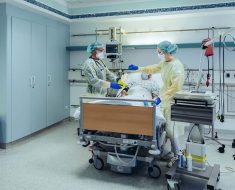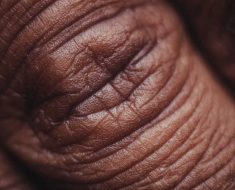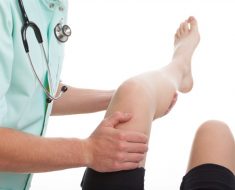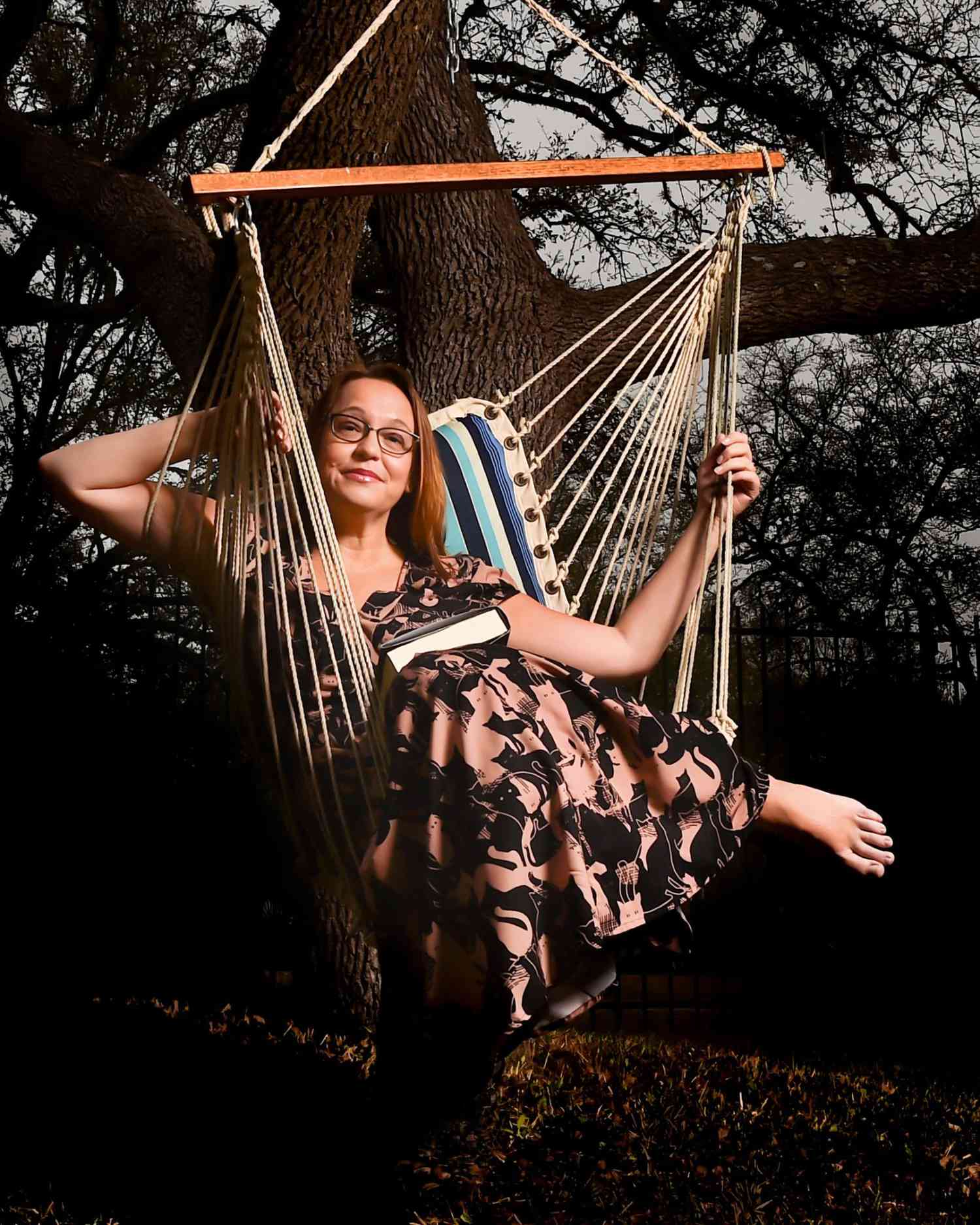
Jenny Lawson was willing to try anything.
Plagued by unrelenting depression for most of her life, the Texas writer, 47, had her first round of transcranial magnetic stimulation, or TMS, in 2018 — and it was life changing.
Known to her online following as The Bloggess, the best-selling author uses her latest memoir, Broken (in the best possible way), to demystify the promising treatment, which the FDA approved in 2008 for depression that proves impervious to medication.
With self-effacing candor and humor, Lawson describes her childhood struggle with a "nervous stomach" that would often leave her hiding in her toy chest. She was not properly diagnosed with anxiety until she was 33, and shared that she suffered year-long depression in 2017 that nothing would break. Until TMS.
"I was in a really, really deep depression, and typically, my depressions last about a week, a week and a half, and then I'll come back up. But this one lasted for months, and I was so, so, so low, I didn't think that I was going to be able to get back out of it," Lawson tells PEOPLE.
"My psychiatrist was like, 'You have what's called treatment-resistant depression. You've gone through so many different types of medication. I really think this would be helpful.' So after I had poo-pooed it for a really long time, I was like, 'Okay, I'll do anything.' "
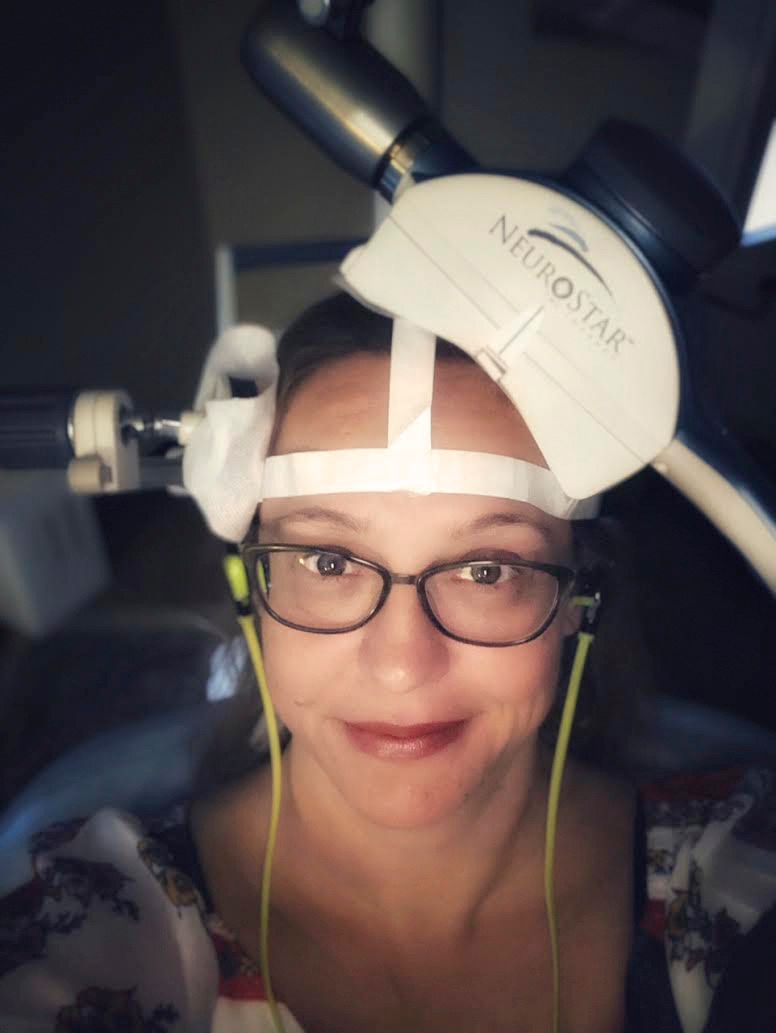
Recalling the experience that she documented in a diary in real time, Lawson says she went for 40-minute treatments 5 days a week for 7 weeks. "It's hard to explain how a magnet that isn't physically moving can feel like it's punching you," she writes. "It feels like an invisible chisel drilling holes into your head while you have an ice-cream headache."
By Day 7 "I felt maybe this could be working," she writes. By Day 20, she was sure of it: "Every day I have happiness drilled into my head. The treatments still hurt a little, the magnets drilling and tapping … I feel the pulses shooting goodness into my head. It's worth the pain."
After the 36th day, Lawson announced to her college-sweetheart husband Victor and their daughter Hailey (now 16) that she felt like a family adventure to Europe — a triumph for Lawson, who says her anxiety's severe agoraphobia had kept her on "self-imposed house arrest" for years.
"It sounds so crazy," Lawson says, "but TMS made the difference."
Transcranial Magnetic Stimulation uses a rapidly pulsing magnetic field to induce an electric current in brain tissue that can "normalize" brain activity in depressive patients, explains Yvette I. Sheline, M.D., of the University of Pennsylvania Perelman School of Medicine, which runs a TMS treatment program. Sheline, director of Perelman's Center for Neuromodulation in Depression and Stress, says half of TMS patients see a 50 percent improvement; a third have full remission. Side effects include mild headaches or, rarely, seizures.
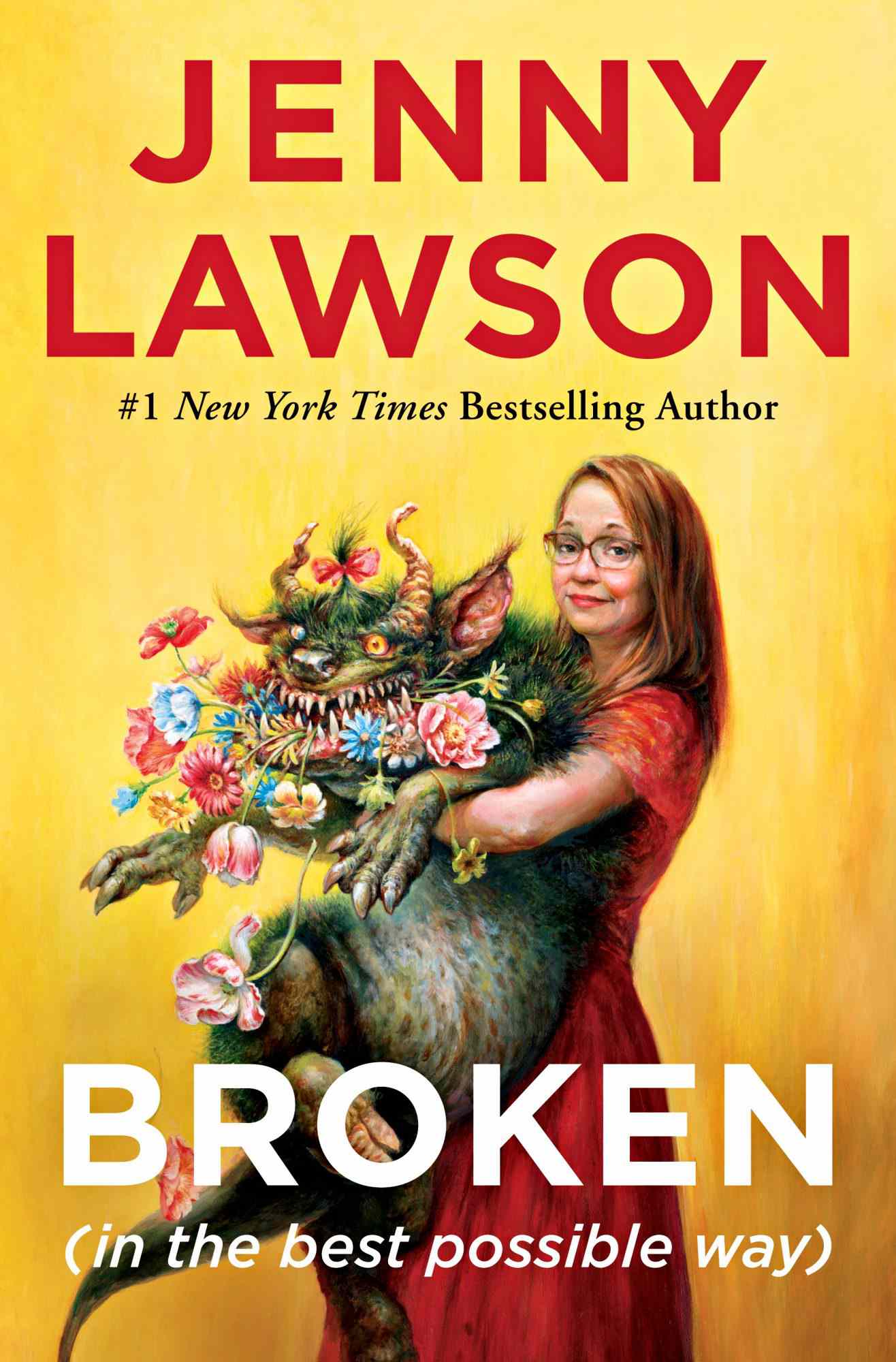
"It's something that can work when medication hasn't worked. So it's absolutely important" in the treatment of depression, says Sheline, adding that patients interested in participating in a TMS research study can find information here.
For more on Lawson's mental health journey, pick up the latest issue of PEOPLE, on newsstands Friday.
For Lawson, remission did not happen, but her depression was distinctly "better." Success with TMS meant being able to see and enjoy Europe. "I laughed with my family and explored strange, magical places so far from anything I'd ever thought I would see," she says. It also meant being able to quit her anxiety medication for a time.
The treatment's effects lasted around nine months. She went for a second round of treatment before the pandemic and now feels the darkness creeping back. She's waiting for her COVID vaccine before venturing out of her year-long quarantine for a third TMS treatment.
In the meantime, she wants others who are struggling with mental illness to know there's hope. "We are worthy of continuing to fight and hope for treatments that will get better."
"Each day more and more people understand the struggle and more treatments become available. One day there will be a cure. We're getting closer every day. And I'll be here for it."
• With reporting by DIANE HERBST

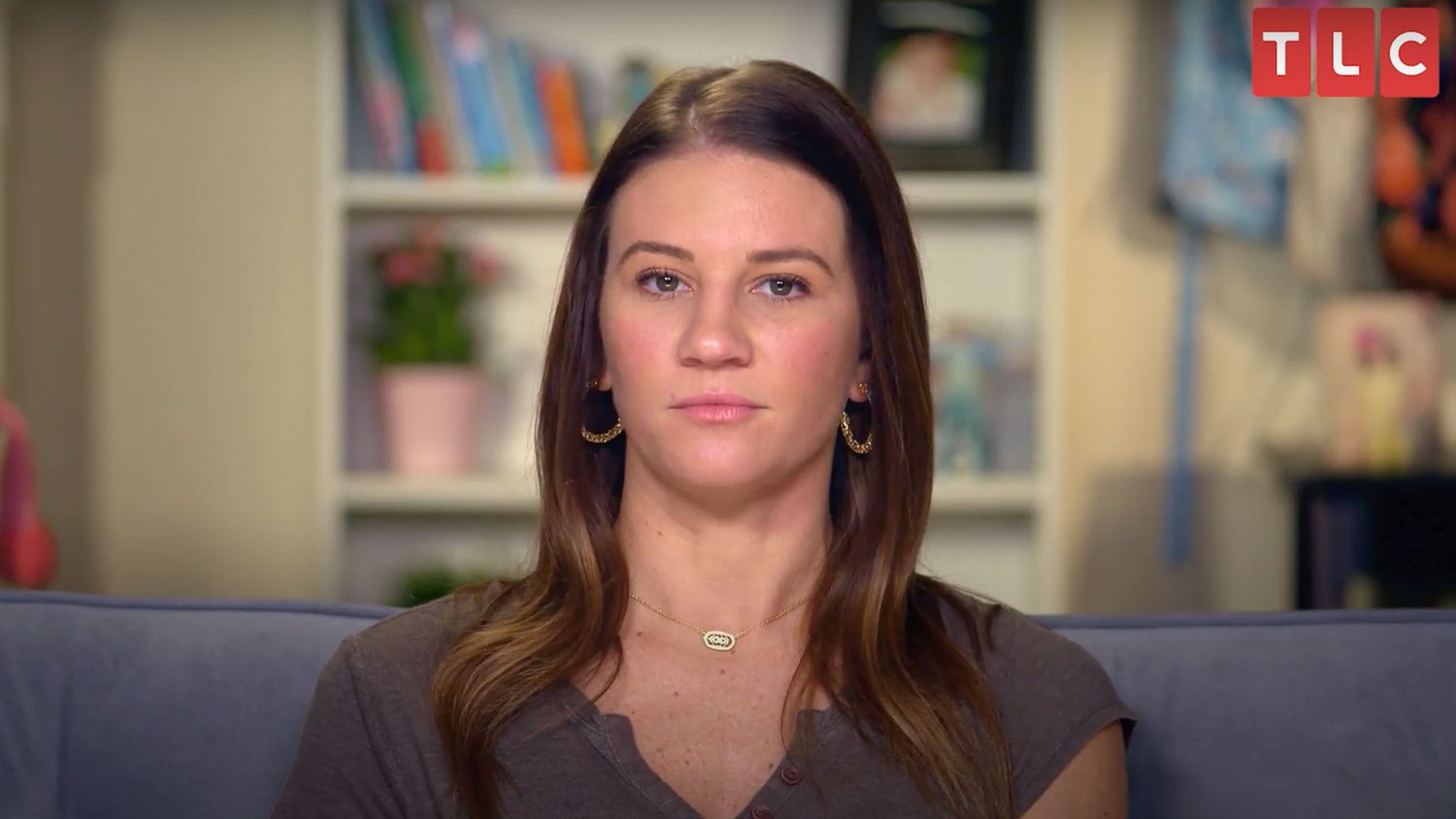

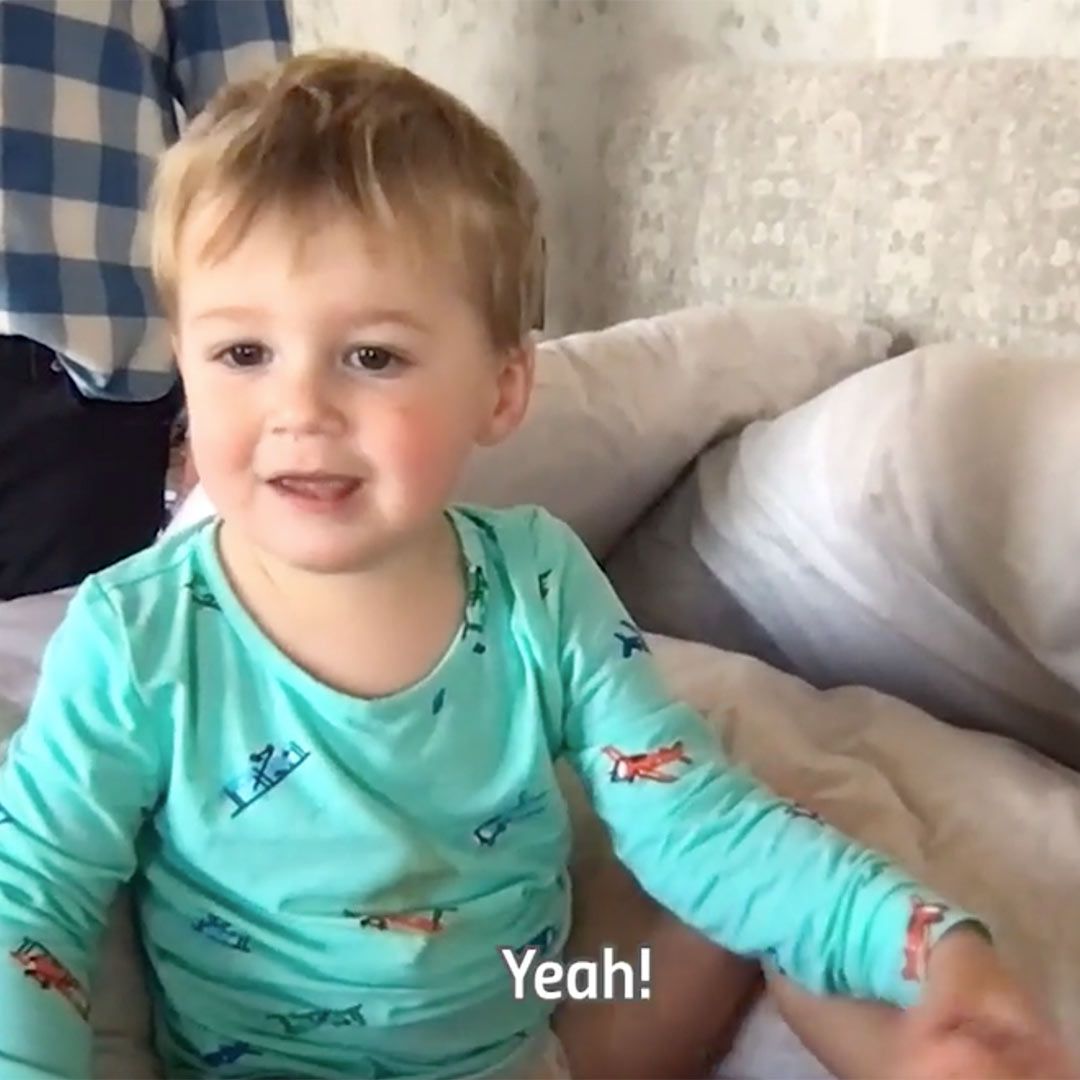

Source: Read Full Article

